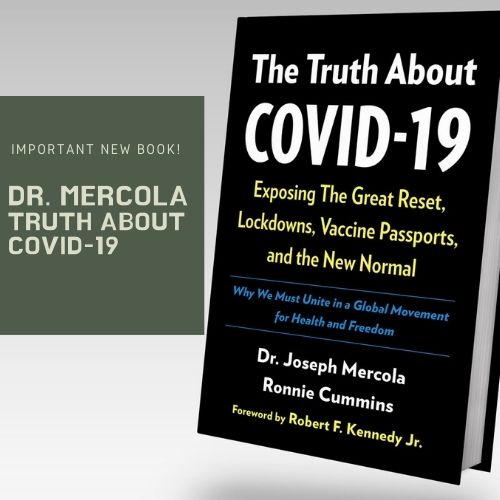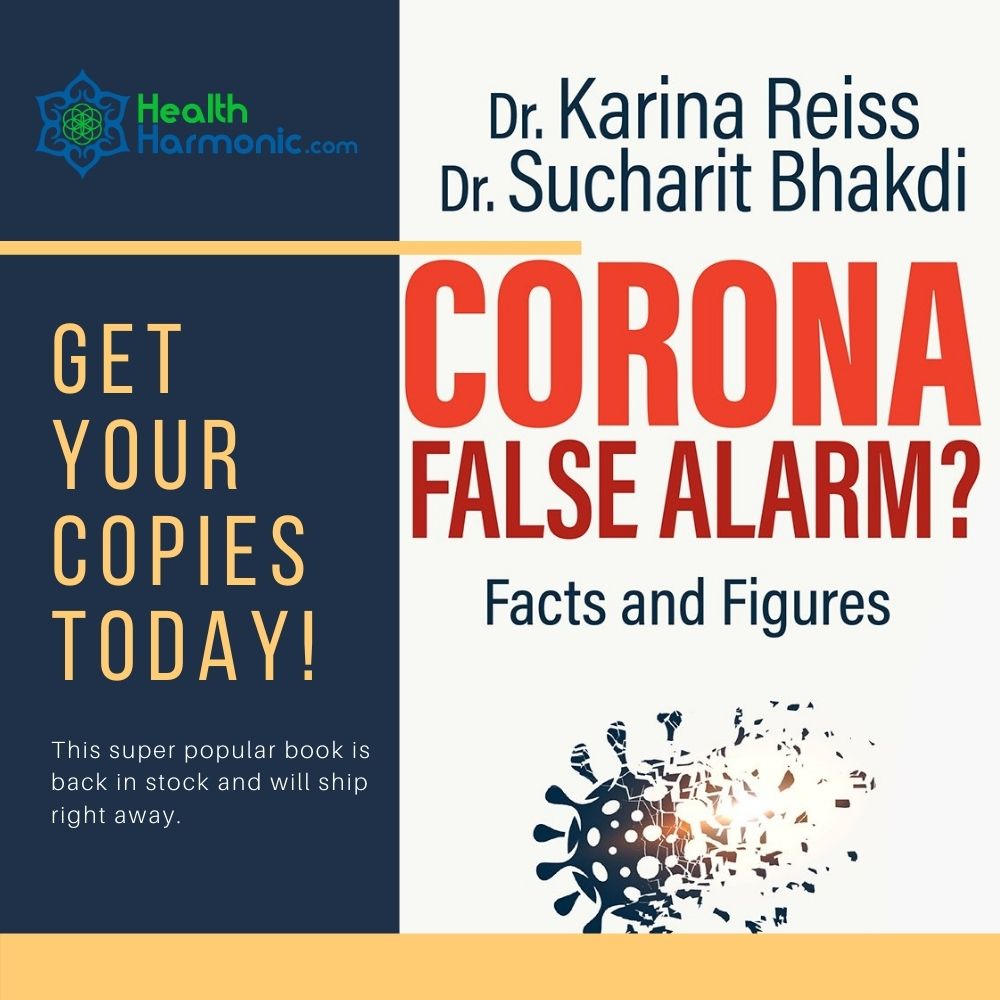
Are psychiatric medications really as effective as Big Pharma make them out to be? Health expert Kelly Brogan outlines the dangers of psychiatric medications, linking the drugs to uncharacteristic behaviors among patients, including violent outburst, homicidal rages, and suicide attempts.

Brogan writes that psychiatric drugs increase the risk of suicide and this has led to multi-billion dollar lawsuits. She outlined one landmark study that shows how the drugs are "ineffective in this population and play a causal role in suicidal behavior."
She also highlighted the case of Andrew Thibault who attempted to research about the safety of a stimulant recommended for his son only to uncover "24 homicides directly connected to the use of psychotropics."
The NY Times bestselling author also wrote that there were 10 cases of unexplained extreme violence committed by patients taking antidepressants who were taking the drugs to treat minor psychosocial distress such as work stress or post-divorce emotional issues.
On May 17, 2017, we learned that Chris Cornell of Soundgarden had reportedly committed suicide by hanging. His family reports knowing a different Chris than one who would make this fatal decision, and suspect his anti-anxiety prescription in the altered state he was witnessed to be in the night he died. Perhaps an “addict turned psychiatric patient”, like so many, Chris Cornell seemed to have left the frying pan of substance abuse for the fire of psychiatric medication risks.
For reasons that remain mysterious, those under the influence of psychiatric medication often specifically choose to hang themselves in their moment of peak impulsivity. Some, like Kim’s husband Woody who was never depressed a day in his life but prescribed Zoloft by his internist, even verbalize a felt experience of his head coming apart from his body in the days before he was found hanged in his garage.
Then there’s 14 year old Naika, a foster child in Florida who hanged herself on a FB livestream after being treated with 50mg of Vyvanse, a drug treatment for ADHD that leads to a domino effect of diagnoses and psychiatric meds including a 13 fold increase in likelihood of being prescribed an antipsychotic medication and 4 fold increase in antidepressant medications than controls.[1]
Are these just rare anecdotes? Is this just the cost of treatment that is helpful for most? Are we blaming medication for what might have been severe mental illness that was undertreated and/or undiagnosed?
Informed consent: the premise of ethical medicine
I believe first and foremost in informed consent. If you are informed of the risks, benefits, and alternatives to a given treatment, you will be empowered to make the best decision for yourself based on your personal, family, philosophical, and religious life context. But the truth is that prescribers are not in a position to share the known risks of medications because we learn only of their purported benefits with a short-tagline of dismissively rare risks that are thought to be invariably outweighed by the presenting clinical concern.
But what about serious risks – including impulsive suicide and homicide – surely we are informing patients of that possibility, right?
Wrong.
In fact, the FDA and the pharmaceutical industry have gone to great lengths to conceal multiple signals of harm so we certainly can’t expect your average prescriber to have done the investigative work required to get at the truth.
In fact, from 1999-2013, psychiatric medication prescriptions have increased by a whopping 117% concurrent with a 240% increase in death rates from these medications[2]. So let’s review some of the evidence that suggests that it may not be in your best interest or the best interest of those around you for you to travel the path of medication-based psychiatry. Because, after all, if we don’t screen for risk factors – if we don’t know who will become the next victim of psych-med-induced violence – then how can we justify a single prescription? Are we at a point in the history of medicine where random acts of personal and public violence are defensible risks of treatment for stress, anxiety, depression, inattention, psychosocial distress, irritable bowel syndrome, chronic fatigue, and even stress incontinence?
Image courtesy of: sovanam






